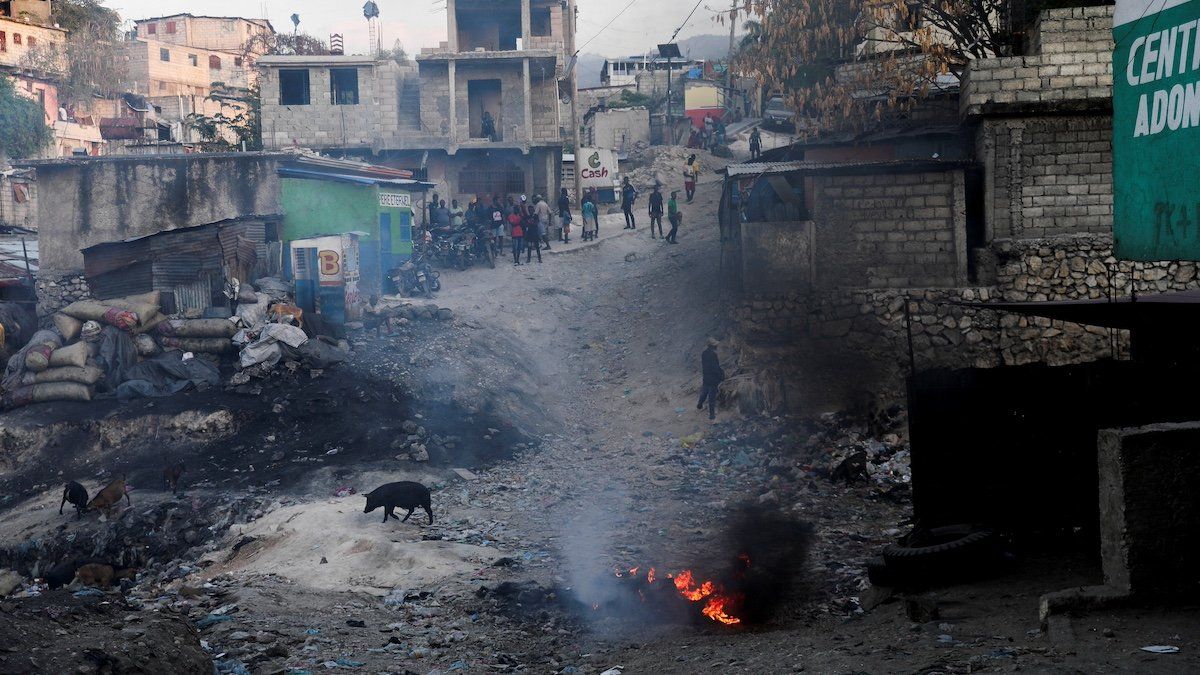Matthew Kendrick spoke with Ghassan Salamé, the former head of the UN Support Mission in Libya, and former UN Deputy Secretary-General Lord Mark Malloch-Brown, as part of a panel at the IMF/World Bank Spring Meetings on Wednesday.
The international community is struggling to address half a dozen conflicts, spanning from the Middle East to Haiti, that often involve institutions poorly equipped to tackle modern problems. But that doesn’t mean they can afford to stop trying; it just means they need to get creative.
“The most urgent need is to bring back humanitarianism as a domain independent from war,” said Ghassan Salamé, the former head of the UN Support Mission in Libya, noting that the basic concerns of food, education, and healthcare must not be held hostage to military objectives. “And you cannot apply it in a selective way. You have to apply it in Ukraine with the same strength you do in Gaza.”
Bias in attention is especially stark for Sudan, where just 3.2% of humanitarian needs have been funded despite a brutal civil war that has killed over 15,000 and forced a staggering 8.2 million to flee.
“Indifference is much worse than hostility,” said Salamé. “Sudan needs concern.”
Part of the problem, according to former UN Deputy Secretary-General Lord Mark Malloch-Brown, is that “humanitarianism was based on the idea that conflict is temporary, and then you go back to development.” That means when the shooting starts, the IMF and World Bank tend to back away and wait for the dust to settle before starting to help stabilize the affected economy. That just won’t fly in the 21st century, and Malloch-Brown called for the institutions to develop new tools to provide help before, during, and after a country falls into violence to strengthen key unifying institutions, such as ministries of finance, education, and social welfare.
The key, said Salamé, is to “leave your textbook somewhere in your drawer and try to solve the situation as it is.”
Looking at crises in developing countries along longer trajectories can help highlight their hidden potential. When asked how these new approaches could apply to Haiti, where the formal government has all but collapsed, Malloch-Brown said the country “never had the degree of internal development, social reform, or inclusive economic policies that allow a stable polity to emerge.” If Haiti receives “a persistent period of tender love and care,” he added, its economic potential means “I’m optimistic enough to believe it can be fixed.”






